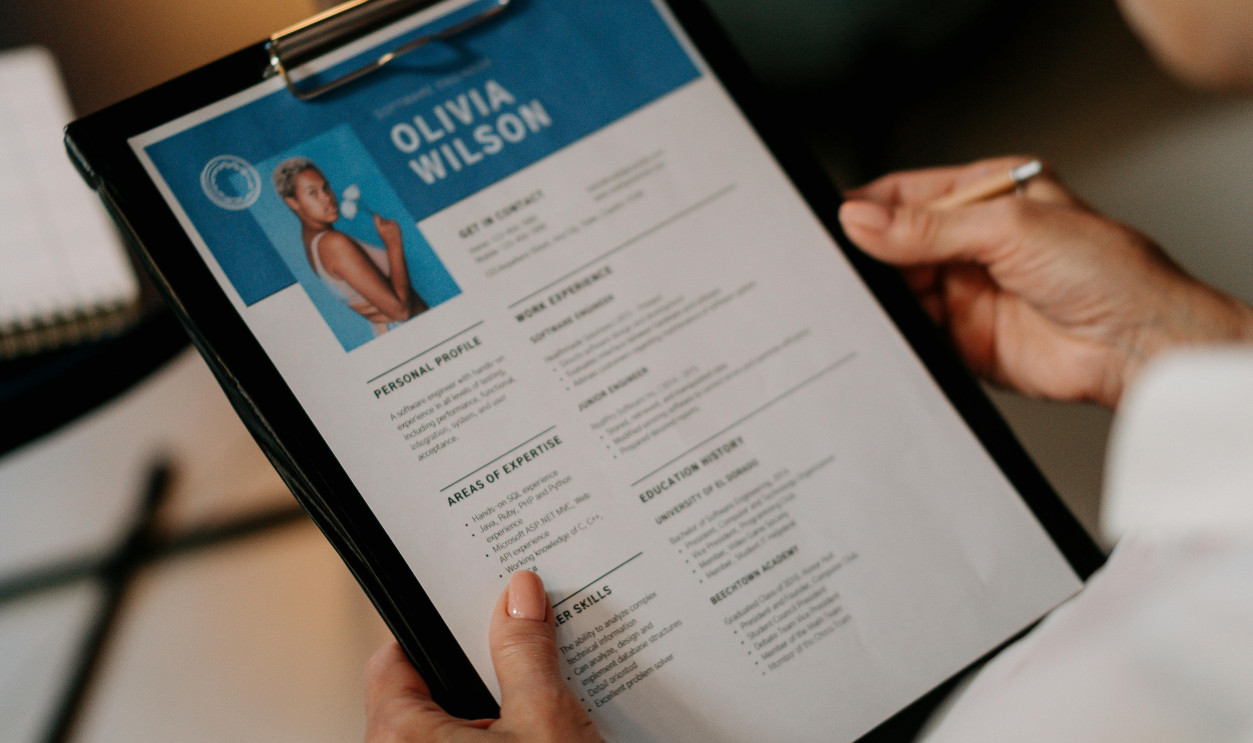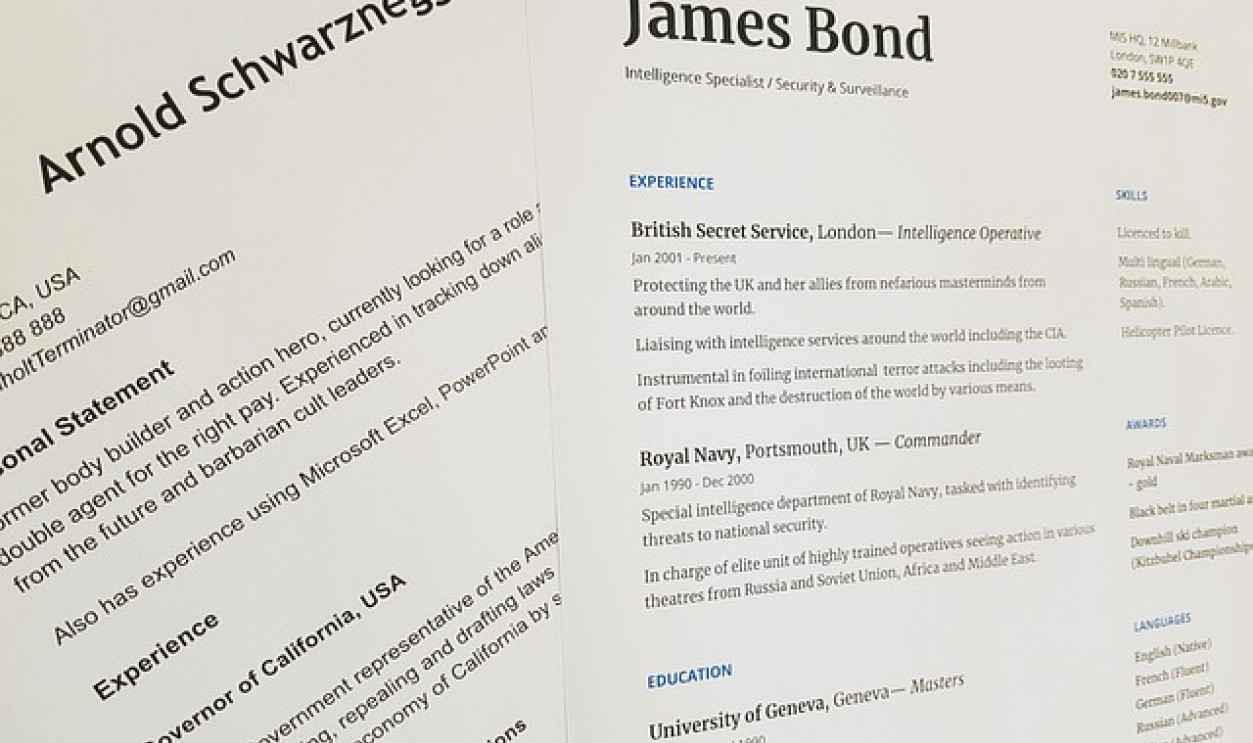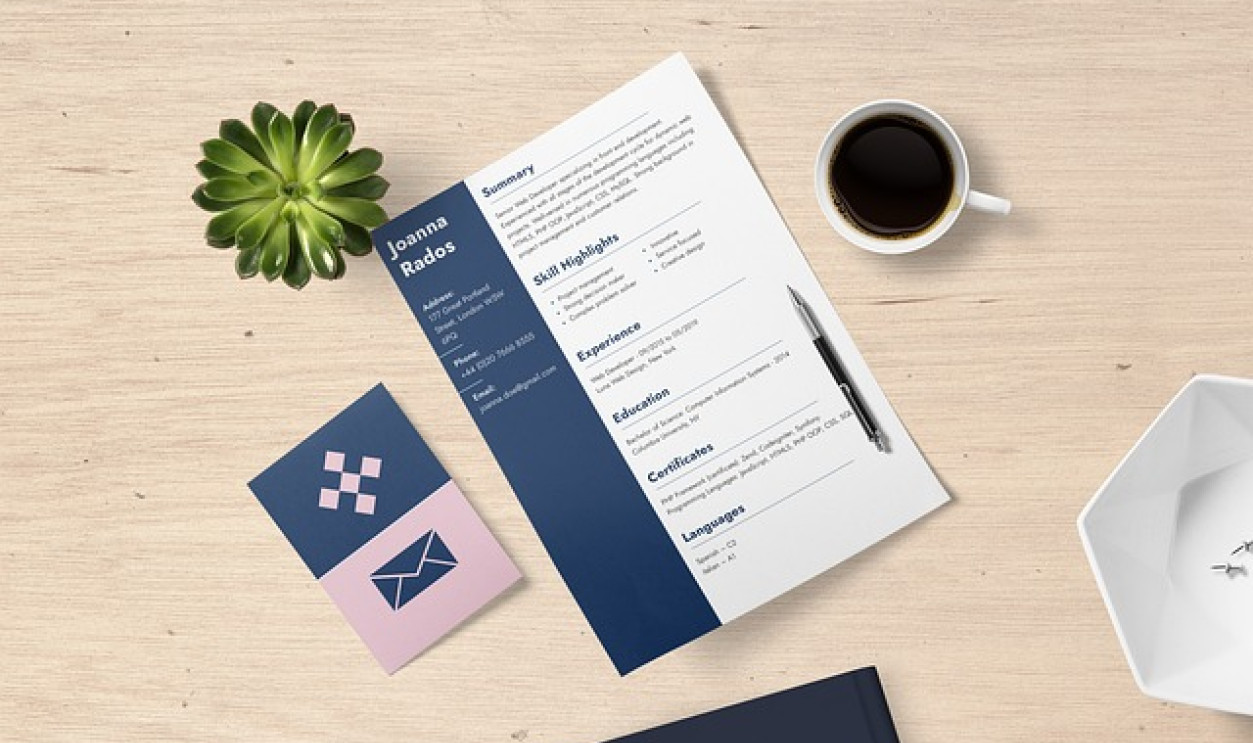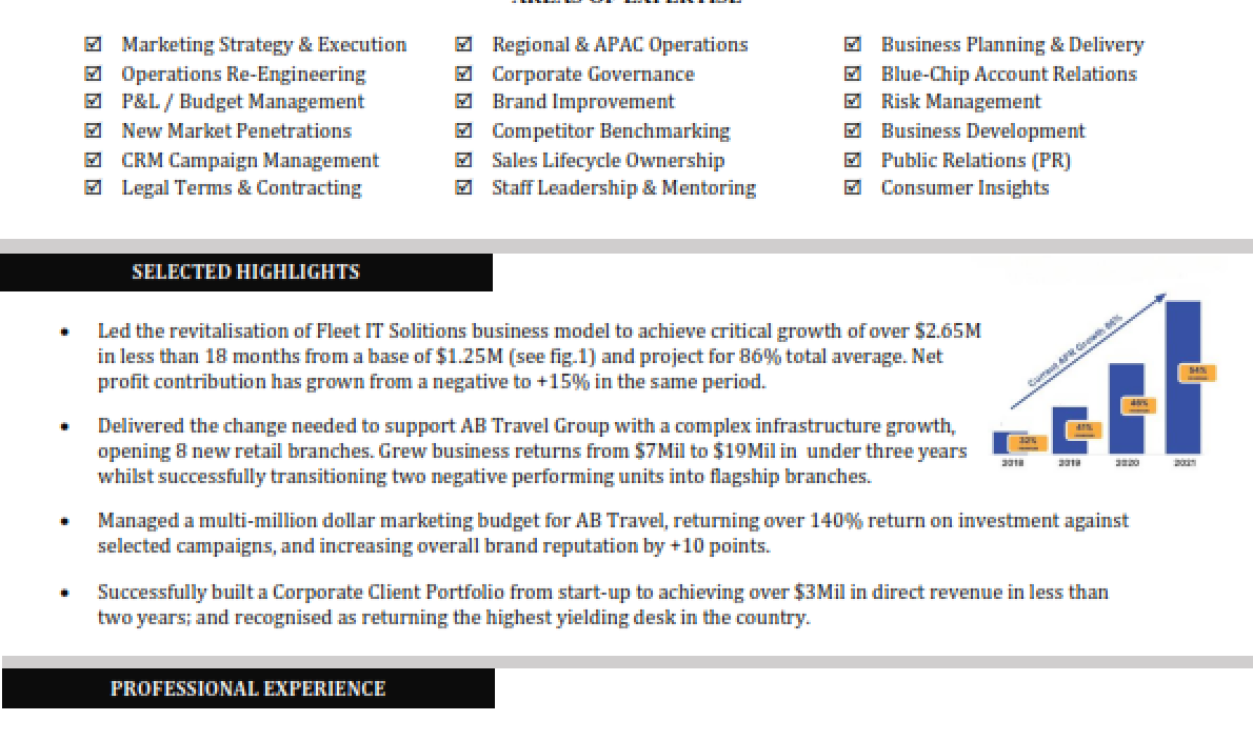Resume Blunders To Avoid
Your resume is your first impression, and sometimes, bad advice can sabotage it before you even hit “send”. As a matter of fact, some common resume “tips” are ineffective or flat-out harmful.

Use Fancy Fonts And Colorful Designs
Some people believe unique fonts and bold colors show personality and creativity. But here’s the problem: Many recruiters use Applicant Tracking Systems (ATS), and those fancy designs can cause your resume to be unreadable. Even if it gets through, most managers prefer a clean, professional layout.
Include Your High School Education
Unless you’re a recent graduate, listing your high school doesn’t make sense, as it just takes up space. Employers care more about your most recent and relevant education. You can include a high school achievement if it’s truly impressive, like winning a national competition.
List Responsibilities, Not Achievements
Many make the mistake of turning their application into a job description—mentioning what they were “responsible for” instead of what they actually accomplished. Employers don’t just want to know what you did; they want to see how well you did it.
Include Every Job You've Ever Had
You might think listing every job makes you look experienced and hardworking. But recruiters aren’t interested in your high school fast-food gig if you’re applying for an accounting role. A resume should highlight relevant experience, not be an autobiography.
Go For Dense Blocks Of Text
Do you think that packing in as much text as possible shows dedication and detail? Think again. In reality, recruiters skim applications in seconds, and giant paragraphs are exhausting to read. Bullet points make information easy to digest, helping key achievements stand out.
Use Vague Phrases
Everyone claims to be “hardworking” or a “team player”. These words alone won’t impress managers unless you back them up with real examples. Instead of saying you have “strong leadership skills,” say, “Led a team of 10 to complete a project two weeks ahead of schedule”.
Write Overly Complex Language To Sound Smart
Big words don’t make you look intelligent—they make your application harder to read. Some think complex language impresses employers, but if they have to decode your sentences, they’ll move on. Keep it clear, direct, and natural. Remember that your goal is impact, not confusion.
Include Personal Details
Age, marital status, religion, or anything personal has no bearing on your qualifications. Worse, it can introduce bias, even unintentionally. As a matter of fact, employers are legally not allowed to consider these factors, so don’t give them the chance.
Rely On A Generic Template
It’s easy to grab a free template online and call it a day. But hiring managers see the same cookie-cutter designs over and over. If your application looks like hundreds of others, it won’t stand out. Moreover, some templates aren’t optimized for ATS, and your resume might not be seen.
Exaggerate Your Skills And Experiences
Stretching the truth might seem harmless—after all, don’t companies want confident candidates? The problem is that lies don’t last. If you say you're fluent in Spanish and can’t hold a conversation or claim leadership experience you don’t have, you’ll be exposed fast.
Include A Photo
A picture might seem like a great way to make your application stand out. However, many companies actually have policies against photos to avoid discrimination issues. Plus, it wastes valuable space. Unless a job explicitly asks for one (like modeling) skip the photo.
Send The Same Resume To Every Employer
You might think that one strong resume works for every job, but that’s a huge mistake. Employers want to see how your skills match their specific needs. Tailoring doesn’t mean rewriting everything—just tweak key sections.
Use ‘References Available Upon Request’
This phrase used to be common, but today, it’s just wasted space. Employers already know they can ask for references if they need them. Including this line just takes up room that could be used for something more impactful. If they want references, they’ll ask during the hiring process.
List Soft Skills Without Examples
Everyone says they’re a “great leader” or a “strong communicator,” but without proof, those words mean nothing. Instead of listing soft skills like “problem-solving” or “teamwork,” show them through achievements. Did you lead a project to success? Use specific examples.
Write In The First Person
Your resume isn’t a personal essay; it’s a professional document. Writing “I managed a team of five” can sound unpolished. Instead, drop the pronouns and go straight to the action: “Managed a team of five”. It’s more direct, professional, and easier to scan.
Use Passive Language
Some people think passive language sounds more professional, but it actually weakens your resume. Saying “Was responsible for managing a team” is vague and dull. Instead, use strong action verbs like “Led a team of 10” or “Managed a $500K project”.
Avoid Quantifying Your Achievements
Numbers add credibility. Instead of saying “Increased sales” while listing your achievements, say “Increased sales by 30%” or “Reduced processing time by 50 hours per month”. This tells employers exactly how you made an impact. Even estimates help.
 Photo By: Kaboompics.com on Pexels
Photo By: Kaboompics.com on Pexels
Attach Your Application In A Format That Can’t Be Opened Easily
Some people don’t think twice about file formats and just attach whatever their computer defaults to—like .pages or .txt. But if an employer can’t open your resume, they’ll move on to the next candidate. PDFs are the safest choice because they preserve formatting across all devices.
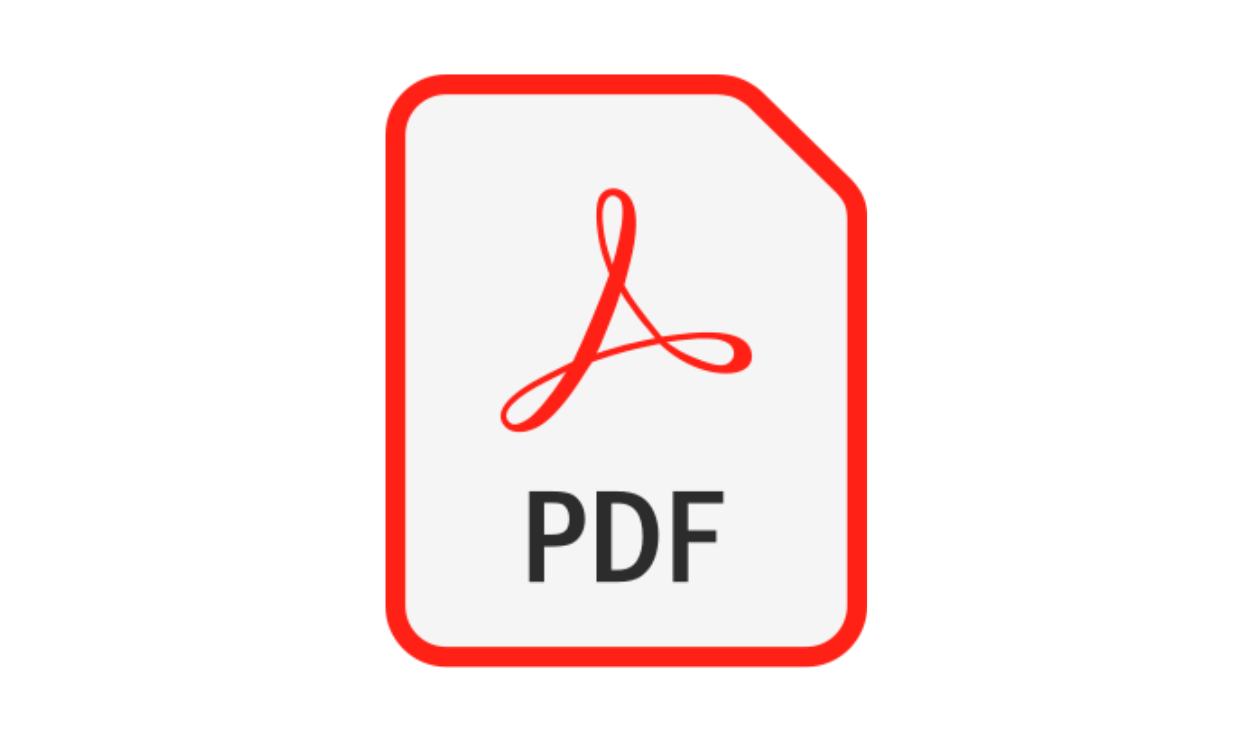 Adobe SystemsCMetalCore, Wikimedia Commons
Adobe SystemsCMetalCore, Wikimedia Commons
Use An Unprofessional Email Address
Your email address might seem like a small detail, but hiring managers notice. If your email is something like "[email protected]" or "[email protected]," it makes you look unprofessional before they even read anything. It’s best to use some variation of your real name.
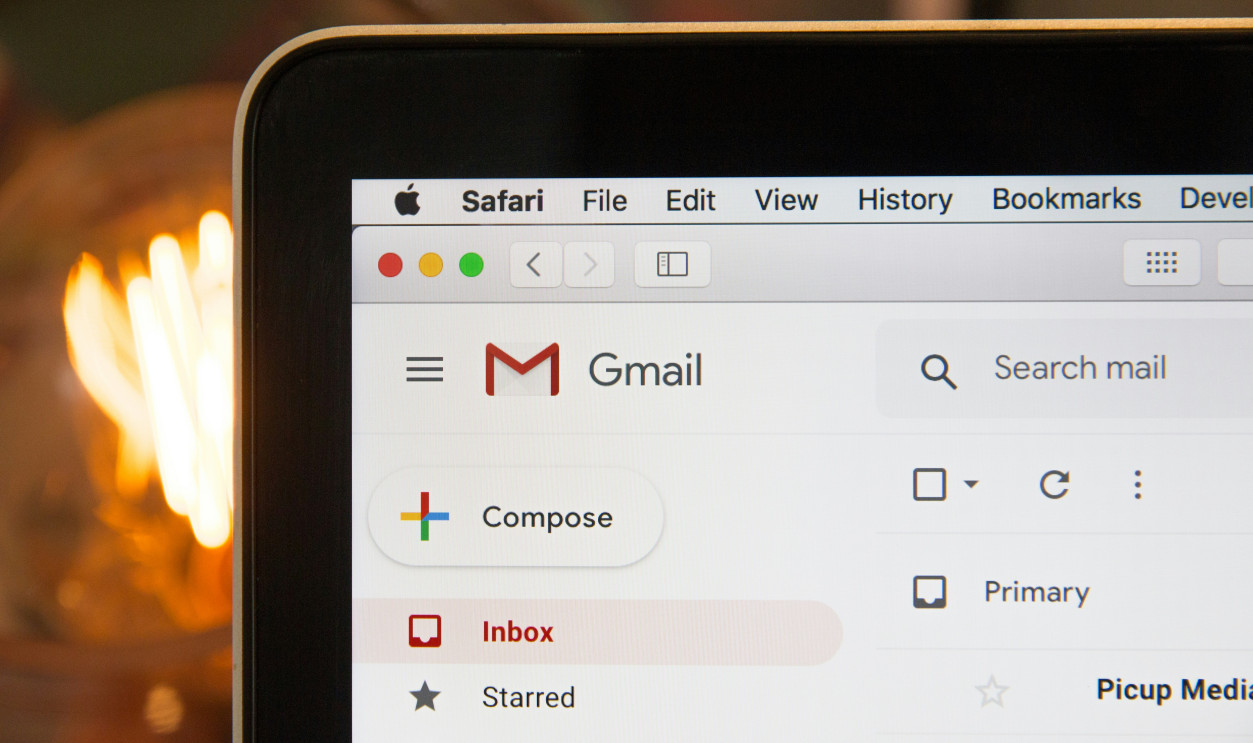 Stephen Phillips - Hostreviews.co.uk on Unsplash
Stephen Phillips - Hostreviews.co.uk on Unsplash
Use Small Fonts To Fit More Information
Trying to squeeze in every detail by shrinking the font might seem like a smart way to keep everything on one page. But if recruiters have to squint or zoom in, they’ll likely move on. Stick with a font size of at least 10-12 points, and use white space wisely.
List Every Skill You Have, Even If Outdated
If you list obsolete software or mention you’re “proficient in faxing,” it signals you might not be up to date. Instead, focus on skills that are relevant today because including outdated or irrelevant skills can backfire.
Include Hobbies And Interests That Aren’t Job-Related
Unless your hobbies add value to your application, they’re just taking up space. Hiring managers don’t need to know that you love baking—unless it directly relates to the job. If a hobby demonstrates a relevant skill, like coding side projects for a tech role, it’s worth mentioning.
Write In Full Sentences
A resume isn’t a novel, and recruiters don’t have time to read full paragraphs. Bullet points are easier to skim and quickly highlight key details because they get to the point. Keep it concise because your application should be a highlight reel, not an essay.
Skip Explaining Employment Gaps
Gaps in employment aren’t necessarily dealbreakers, but leaving them unexplained can raise questions. If you took time off for caregiving or a career shift, include a brief explanation. Something as simple as “Career break for professional development” reassures employers that the gap was intentional and not a red flag.
Only Include Hard Skills
Hard skills like coding, writing, or data analysis are essential, but soft skills like leadership and adaptability matter, too. That said, don’t just list them—demonstrate them using achievements and numbers. Employers want well-rounded candidates, so balance your skill types with real-world examples.


